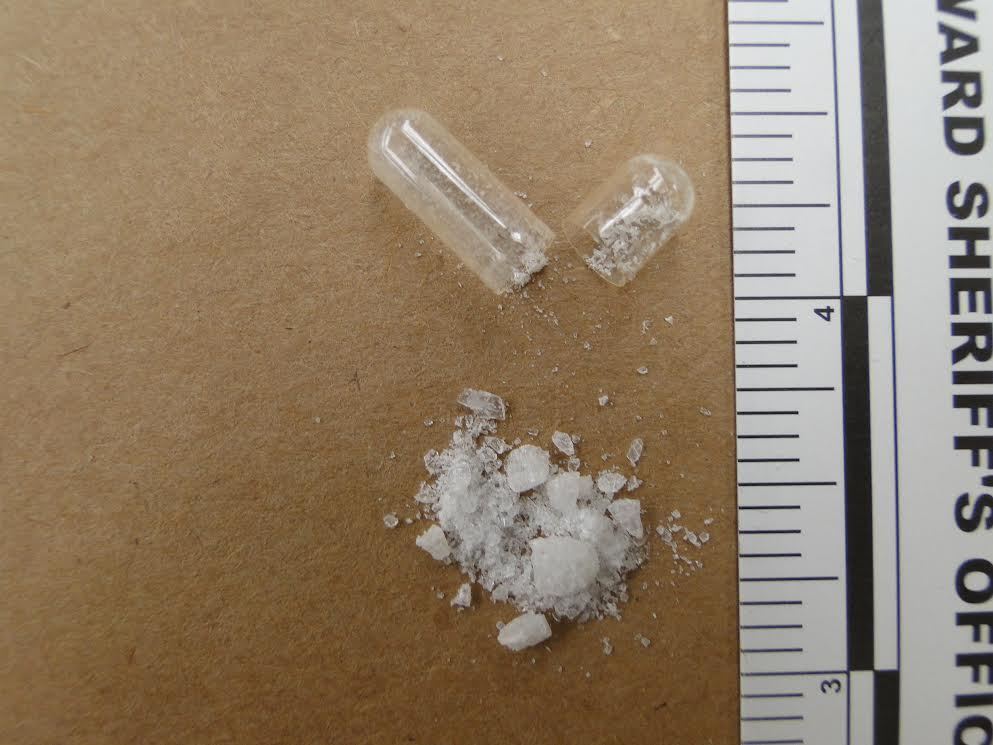Most people have heard the new and popular term “hangry,” but what does it really mean? Do people really feel angry just because they are hungry? Absolutely!
If you haven’t experienced this feeling yourself, you may have been around a spouse, parent, child, or friend when they were hungry and seemed to be needlessly angry. Research has also been done to confirm people do get “hangry” when they’re in need of some food.
In one interesting study, participants were given the opportunity to blast their partners with loud, irritating noises or to stick pins in a voodoo dolls representing their spouse. The study found the lower the level of glucose in the participants’ blood (glucose is derived from the food we eat and low levels can indicate the body has used up its food) the higher the intensity and long duration of the noise they gave to their spouse and the greater number of pins they stuck into the voodoo doll. In fact, “people with the lowest blood sugar levels stuck more than twice as many pins in the voodoo dolls compared to people with the highest levels.”
Van Buren, Alex. (2014). “Hangry is a real thing.” Retrieved from https://www.yahoo.com/food/hangry-is-a-real-thing-82802959390.html
Brittany Best, MA
WKPIC Doctoral Intern


